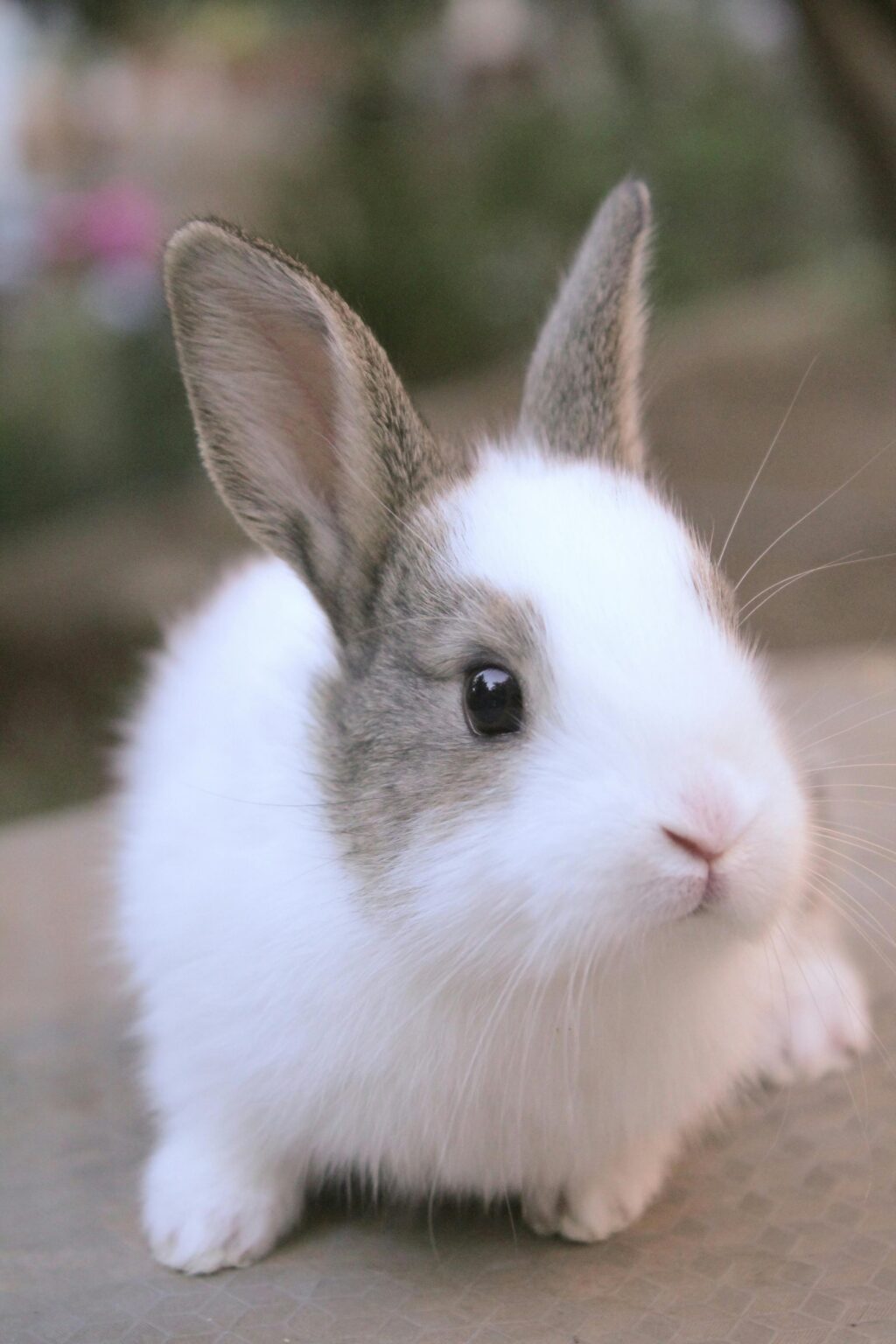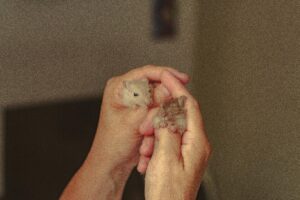
Are you thinking of getting a pet rabbit? Rabbits are perfect pets for families. They are charming creatures who can be affectionate, intelligent, and even playful. Rabbits make great companions for everyone, from children to the elderly. They can live up to ten years with proper care and attention.
But before getting a pet rabbit, it is important to remember that rabbits, like any other pet, need plenty of care and attention. In this guide, you will find everything you need to know about rabbits, from their physical characteristics to their nutritional requirements, from their burrowing and gnawing tendencies to the best way to interact with them.
Physical Description
Rabbits are mammals that belong to the Lagomorpha order. They often have short fur in a variety of colors. Their large ears are often one of their most prominent features. Rabbits vary significantly in size, ranging from just a few ounces to about 12 pounds.
The most well-known feature of the rabbit is its teeth. Like all Lagomorphs, rabbits have a pair of incisors on their upper jaw. The incisor teeth play an important role in a rabbit’s ability to chew and consume tough plant materials.
Health and Nutrition
Rabbits are herbivorous. Their diet should contain a variety of foods, including hay, fresh greens and vegetables, and small amounts of commercial rabbit pellets. It is essential to give your rabbit regular amounts of fiber to keep their digestive system healthy. Rabbits should be fed a pelleted diet with high fiber content (15% to 20%) and low protein content and should be supplemented with hay, fruits, and green vegetables.
It is essential to provide your rabbit with a constant supply of clean, fresh water. It is also important to make sure that your rabbit’s food and water dishes are clean and free of any contaminants. Rabbits are also prone to parasites, including ticks, mites, and intestinal parasites, so providing regular grooming and preventive care is essential in making sure your rabbit stays healthy.
Behavior and Personality
Rabbits can be very social creatures when they are comfortable and given plenty of attention. However, in the wild, rabbits are naturally more reserved and are more likely to stay still and silent to avoid detection by predators. Rabbits can also show signs of aggression if they feel threatened or if they are separated from their social group.
Rabbits are also natural burrowers and spend a great deal of their time digging and exploring. Rabbits are also very playful and will often hop, jump, and play with toys and other objects in their environment.
Interacting with Rabbits
Rabbits are very gentle creatures but it is important to approach and interact with them with caution. Avoid making sudden movements or loud noises as this can be very distressing for rabbits. It is also important to allow your rabbit enough time to get used to your presence before attempting to handle them.
When handling your rabbit, always be gentle and make sure that they are not in any discomfort. It is also important to wash your hands before and after handling your rabbit in order to prevent the spread of illness. Always supervise children when they are handling rabbits and make sure that they are not too rough.
Housing
It is important to provide your rabbit with a properly sized and constructed cage. The cage should be large enough for your rabbit to move around comfortably but should also be secure in order to prevent the rabbit from escaping. It is also important to keep the cage in a clean and well-ventilated area, away from drafts and direct sunlight.
An appropriate cage should be equipped with a solid floor, a smooth surface, and a hiding place for your rabbit. The cage should also be lined with bedding, such as hay, straw, or shredded paper, in order to provide your rabbit with a comfortable surface.
Conclusion
Rabbits make great pets for families. They are intelligent, affectionate, and playful creatures. In order to provide your rabbit with the best care and attention, it is important to familiarize yourself with their physical characteristics, nutritional requirements, health concerns, behavior, and housing needs. With the right knowledge, your pet rabbit can be a lifelong companion.

